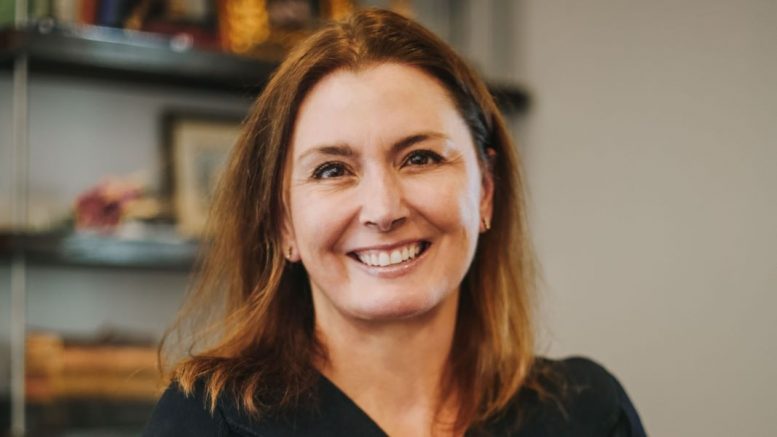Workgroup Will Share Experiences, Priorities, and Recommendations To Improve Consumer Access to their Electronic Health Information
The Sequoia Project, a non-profit and trusted advocate for nationwide health information exchange, launched the Consumer Voices Workgroup to understand first-hand from consumers the barriers they face accessing, using, and sharing their health information and to inform strategies to address the barriers. The non-profit, known for convening industry and government within its Interoperability Matters cooperative, is engaging consumers, patients, care partners, and caregivers for the first time in its pursuit of nationwide seamless, secure health information sharing for better and more effective healthcare.
Workgroup members were selected to reflect the diversity of U.S. consumers, and members are engaged patients and caregivers with 50% reporting 11+ healthcare visits a year. Eighty-seven percent of members are caregivers for patients aged 1 to 81+, and 80% of these patients do not use a computer or smart device themselves.
“Collectively, the groundwork for health IT interoperability mandated by federal policy and laid by industry innovators can be leveraged by consumers,” said Mariann Yeager, CEO of The Sequoia Project. “To realize the promise of consumers actively accessing and using their own information, we must understand their perspectives and the human experience, and the struggles they face in trying to access information they need to care for themselves and loved ones.”
During the next few months, the Consumer Voices Workgroup members will discuss their health information experiences, and what they need to access, use, and share their health records. The co-chairs facilitating the workgroup discussions are Dr. Grace Cordovano, BCPA, founder of Enlightening Results, and Shannah Koss, executive vice president of Community Development for Livpact Inc.
“It is important to have consumer representatives communicate their experiences, needs, and insights to inform what industry can do to make it easier for everyone to access, use, and share their own health data,” said Koss. “Our workgroup members and the people they care for have truly heartbreaking experiences—ones that could have been avoided if they had better electronic access to their records and if health information exchange was more broadly and consistently used for patients.”
“Requesting medical records brings everyone dealing with a catastrophic diagnosis to their knees, and it shouldn’t be this complicated,” said Cordovano. “The administrative burden placed on patients and their care partners and caregivers to access, use, and share their health records must be addressed.”
The insights gathered by the Consumer Voices Workgroup will be used by a future Consumer Engagement Strategy Workgroup to develop short- and long-term cross-industry strategies for consumer engagement, access, usability, education, and policy. The Consumer Engagement Strategy Workgroup will be launched later this year with The Sequoia Project members across the healthcare spectrum who can implement meaningful changes to improve health information access for patients, care partners, and caregivers.
“What makes The Sequoia Project and its Interoperability Matters cooperative so effective is the focus on real-world experiences and pragmatic solutions,” said Yeager. “Consumer Voices Workgroup members come from all walks of life to share their time and intimate experiences with us because they know their stories will be heard and action will be taken.”
Learn more about the Consumer Voices Workgroup: https://sequoiaproject.org/interoperability-matters/consumer-voices-workgroup/.

